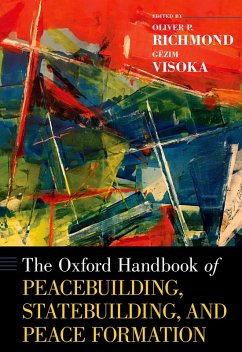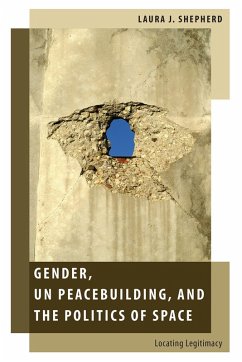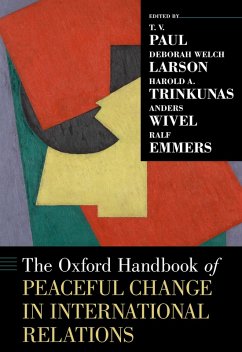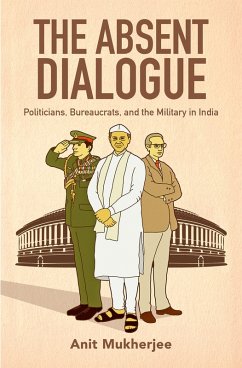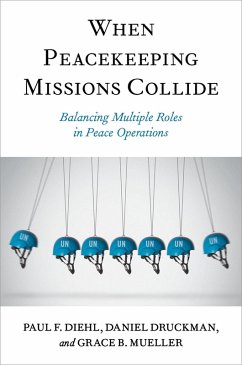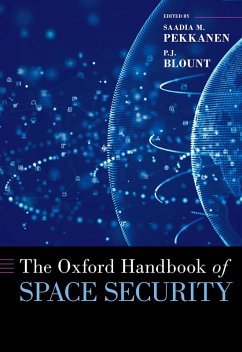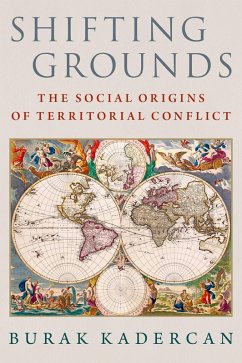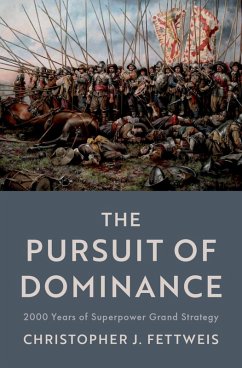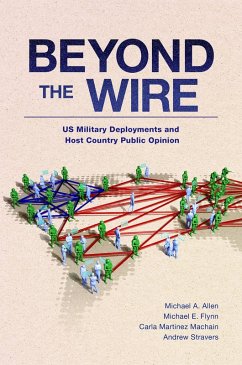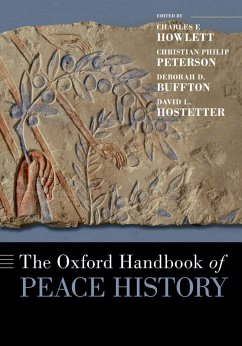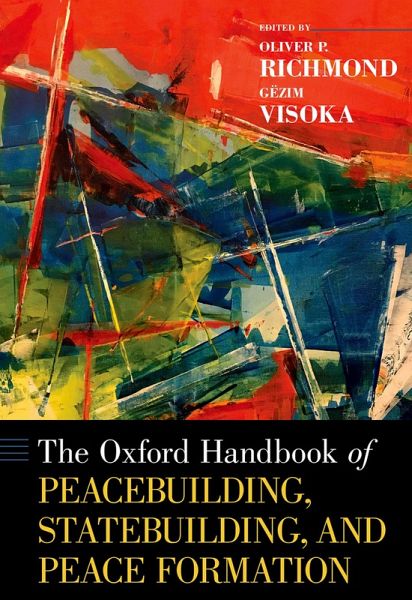
The Oxford Handbook of Peacebuilding, Statebuilding, and Peace Formation (eBook, ePUB)
Versandkostenfrei!
Sofort per Download lieferbar
52,95 €
inkl. MwSt.
Weitere Ausgaben:

PAYBACK Punkte
26 °P sammeln!
In addition to being a major area of research within International Relations, peacebuilding and statebuilding is a major policy area within the UN and other international and regional organizations. It is also a concern of international financial institutions, including the World Bank, and a significant factor in the foreign and security policies of many established and emerging democracies. Peacebuilding and statebuilding are among the main approaches for preventing, managing, and mitigating global insecurities; dealing with the humanitarian consequences of civil wars; and expanding democracy...
In addition to being a major area of research within International Relations, peacebuilding and statebuilding is a major policy area within the UN and other international and regional organizations. It is also a concern of international financial institutions, including the World Bank, and a significant factor in the foreign and security policies of many established and emerging democracies. Peacebuilding and statebuilding are among the main approaches for preventing, managing, and mitigating global insecurities; dealing with the humanitarian consequences of civil wars; and expanding democracy and neoliberal economic regimes. Peace formation is a relatively new concept, addressing how local actors work in parallel to international and national projects, and helps shape the legitimacy of peace processes and state reform. The Oxford Handbook of Peacebuilding, Statebuilding, and Peace Formation serves as an essential guide to this vast intellectual and policy landscape. It offers a systematic overview of conceptual foundations, political implications, and tensions at the global, regional, and local levels, as well as key policies, practices, examples, and discourses underlining all segments of peacebuilding and statebuilding praxis. Approaching peacebuilding from disciplinary perspectives across the social sciences, the Handbook is organized around four major thematic sections. Section one explores how peacebuilding, statebuilding, and peace formation is conceived by different disciplines and IR approaches, thus offering an overview of the conceptual bedrock of major theories and approaches. Section two situates these approaches among other major global issues, including globalization, civil society, terrorism, and technology to illustrate their global, regional, and local resonance. Section three looks at key themes in the field, including peace agreements, democratization, security reform, human rights, environment, and culture. Finally, section four looks at key features of everyday and civil society peace formation processes, both in theory and in practice.
Dieser Download kann aus rechtlichen Gründen nur mit Rechnungsadresse in A, B, BG, CY, CZ, D, DK, EW, E, FIN, F, GR, HR, H, IRL, I, LT, L, LR, M, NL, PL, P, R, S, SLO, SK ausgeliefert werden.




